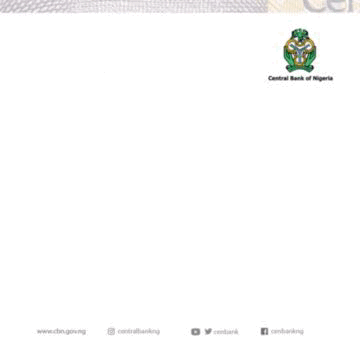
…as local rice price rocks by 200%
Rising insecurity in the country, import ban and others factors have caused the price of one kilogramme of local rice to rise by 201.52 per cent in seven years, according to findings by The PUNCH.

This happened despite a multibillion naira funding support of the Central Bank of Nigeria for the nation’s rice value chain aimed at boosting production.
Data from the Selected Food Prices Watch Report of the National Bureau of Statistics analysed by The PUNCH showed that the average price of 1kg of local rice rose from N172.74 as of February 2016 to N520.84 as of February 2023.
It was noted that, in 2015, the CBN stopped the importers of rice and 41 other items from accessing foreign exchange at the official window in order to encourage local production.
The Federal Government has also banned rice imports across land borders and kept 70 per cent tariffs on imports coming through ports without putting necessary measures on ground to boost agriculture in the various region of the nation.
In line with these interventions, there seemed to have been an increase in the local production of rice but need better boost in terms of machines, accessible funds, seeds and the rest of them.
However, the CBN recently unveiled 13 mega rice pyramids in Abuja, purportedly containing over one million bags of rice paddy.
He, however, argued that rice is the only product that has maintained stability in price amid the rising inflation.
Also, the Vice Chairman of RIPAN, Paul Eluhaiwe, stressed that inflation and insecurity had contributed significantly to the rise in the price of rice.
He said, “Input prices for farmers have skyrocketed because of inflation… We know the cost of fertilizer when compared to what it is now.
“In addition to the price of inputs which farmers use for their production purpose, we also have a challenge in terms of the number of farmers returning to farms because of the security crisis.
“All these affect the prices of farmers’ outputs. That indirectly affects the cost of finished products because the farmers will not get the product at a reduced rate. ”
In an earlier report by The PUNCH, stakeholders in the agriculture sector linked the surge in the price of rice during the review period to a shortage of supply to markets.
To top it all, the National President of the All Farmers Association of Nigeria, Kabir Ibrahim, attributed the low supply to insecurity in food-producing states, the dwindling value of the naira, as well as the poor implementation of the ABP.
Ibrahim argued that the approach chosen by the CBN to disburse loans under the programme might be counterproductive as it greatly increased the chances of mismanagement and abuse of funds.
He explained, “Well, there are many reasons for this, the principal reason being that there is inadequacy of supply. Also, the purchasing power of the naira has dwindled and this has affected the cost of almost all the products and produces we buy today.
“There is general food inflation as well as other inflation, even the World Bank has said that Nigeria has to do a lot to curb the inflation, because it is destabilising the economy.
“And the low supply is also dependent on many things such as insecurity which is preventing our farmers from going to their farms. We also have the Anchor’s Borrowers Programme of the CBN. If you are putting a lot of money in the hands of people to produce items and you are doing it using due diligence, you are likely to cause some imbalance in the market and the psyche of the people. The reality is when there is so much money in circulation, abuse is possible or mismanagement.”
To this end, the Economists also said rising inflation and insecurity have affected the price of rice so to say.
(Punch)


